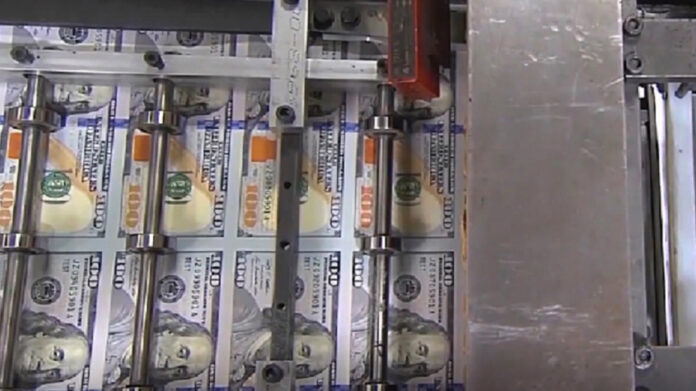by: Victoria Price
Posted:
/ Updated:
TAMPA, Fla. (WFLA) — The coronavirus pandemic and resulting unemployment crisis is draining Florida’s unemployment trust fund.
US Treasury reports show the fund held more than $4 billion in March. The Florida Department of Economic Opportunity reemployment dashboard reports more than $3.5 billion in state-funded benefits has been paid out to jobless Floridians.
An October report shows the trust fund has dwindled to about $1 billion. While still a large figure, it proves just how draining a crisis can be.
If that happens, states have three options: borrow from the federal government, tax unemployment insurance taxes, or cut benefits.
Draining unemployment coffers is not unprecedented. Florida depleted its trust fund after the 2008 recession. To make up for it, state lawmakers did not raise unemployment insurance taxes but instead dramatically cut benefits, capping them at the current limit of $275 a week for 12 weeks, one of the lowest levels nationwide.
“At this point, Florida needs to understand the problem with cutting benefits too much, and slowing the system as much as it did,” said Michele Evermore, an unemployment policy expert with the National Employment Law Project.
According to Evermore, 12 weeks of benefits is simply too short for the long-term unemployment produced by the pandemic. “Long-term” in unemployment terms is defined as 26 weeks or more.
With benefits already slashed, Evermore says Florida should consider raising unemployment insurance tax rates to make up for the deficit. Right now, Florida businesses pay an average of $50 a year per employee, the lowest in the nation.
Some Florida lawmakers have already proposed overhauls to the system but as of now those plans do not include raising unemployment insurance tax rates.
While unclear what Florida may do it build its trust fund back up, those out-of-work should take comfort in what the state cannot do.
“They do not have the option of not paying benefits,” Evermore said, explaining that in the short-term states can borrow interest-free from the government if necessary.
Florida’s unemployment rate for September was 7.6 percent. The most recent jobs report published by the Department of Economic Opportunity shows 770,000 Floridians are out of work.














